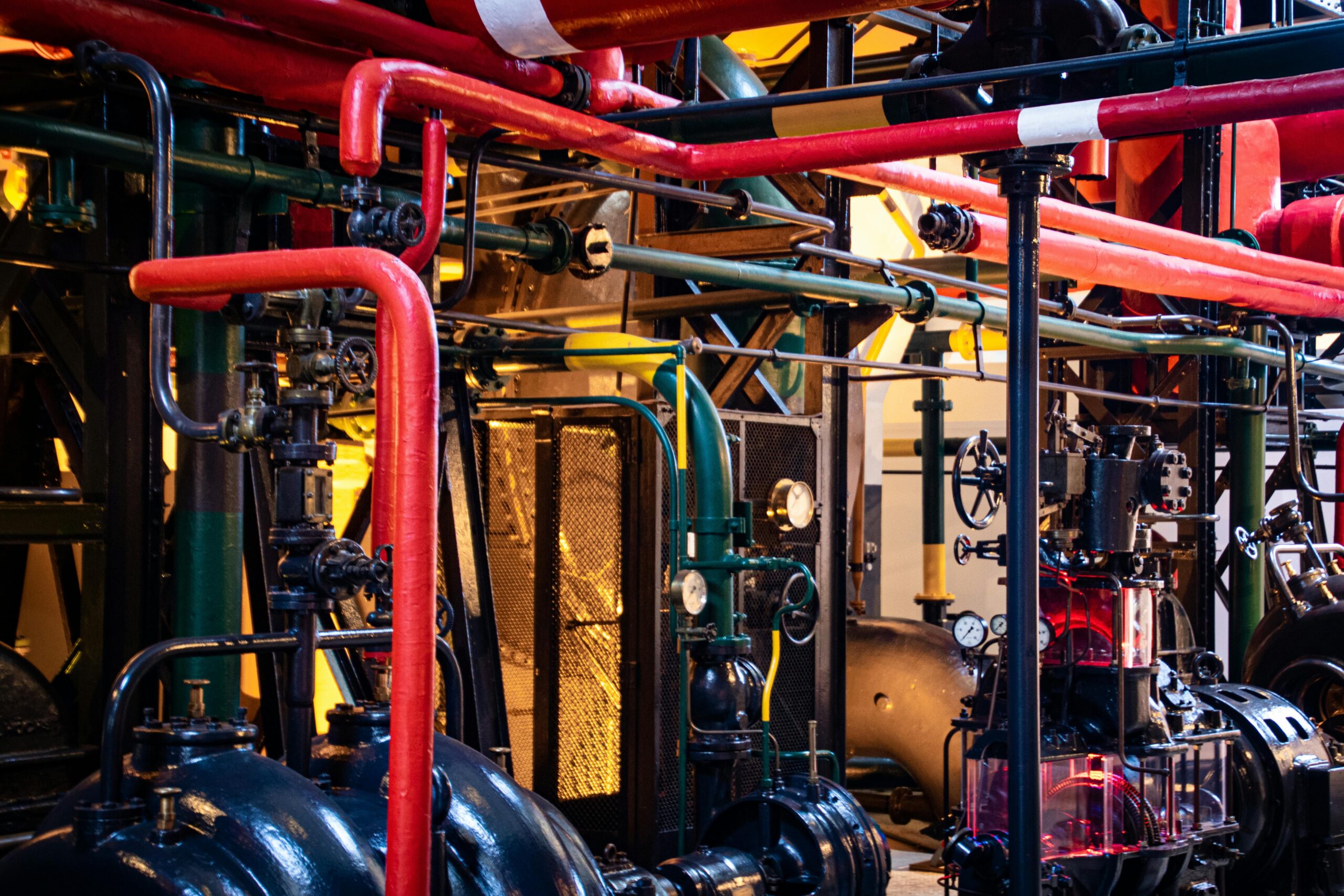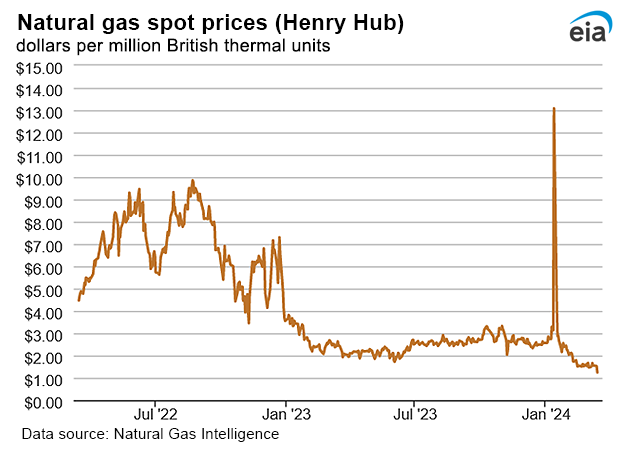The past year has witnessed a rollercoaster ride in the natural gas market. Prices that skyrocketed in 2022 have plummeted in recent months, offering a significant cost break for industries and utilities heavily reliant on this clean-burning fuel. This dramatic shift has particular ramifications for natural gas power plants and the intricate network of industrial piping that keeps them operational.
A Cost Advantage for Power Generation
Natural gas-fired power plants are a cornerstone of the modern power grid. Their efficiency and relatively low carbon emissions compared to coal make them a compelling choice. However, high natural gas prices directly translate to increased costs of electricity generation. The recent price drop swings the pendulum back in favor of natural gas, with power plants likely to:
- Ramp Up Production: Cheaper fuel translates to a more economical way to generate electricity. This incentivizes power plants to increase their reliance on natural gas, potentially boosting overall power generation capacity. This, in turn, contributes to a more stable power grid and potentially lower electricity prices for consumers.
- Invest in Upgrades and Maintenance: The cost savings from lower natural gas prices can free up capital for power plants to invest in crucial maintenance and upgrades. This proactive approach can lead to significant improvements in efficiency, ultimately reducing fuel consumption and extending the lifespan of existing infrastructure.
The Crucial Role of Industrial Piping
For natural gas power plants to fully capitalize on this price advantage, they rely on a robust and efficient network of industrial piping to deliver the fuel. Industrial piping companies play a vital role in ensuring the smooth operation of these power plants. Here’s a closer look at how the lower prices might impact this sector:
- Increased Demand for Maintenance and Repair Services: As power plants ramp up operations, the existing network of industrial piping will experience increased wear and tear. This translates to a potential rise in demand for maintenance services offered by industrial piping companies. Routine inspections, leak detection, and preventative maintenance will become crucial to ensure the safe and efficient delivery of natural gas.
- New Pipeline Projects on the Horizon: In some instances, existing pipeline infrastructure might not be sufficient to handle the surge in demand from power plants. This scenario could pave the way for new pipeline projects to be commissioned. These projects would involve the construction of new pipelines or the expansion of existing ones to transport the increased volume of natural gas required by power plants.
Beyond the Immediate Impact: Strategic Considerations
While the immediate impact on industrial piping is likely to be an increase in maintenance and repair services, there are strategic considerations for the industry moving forward. Here are some key points to ponder:
- Modernization and Efficiency: The lower natural gas prices could provide an opportunity for power plants to invest in modernizing their piping infrastructure. New, more efficient piping materials and technologies can significantly reduce energy loss during transportation, leading to further cost savings in the long run. Industrial piping companies that specialize in these advanced solutions can position themselves to capture a significant share of this potential market.
- Emphasis on Safety and Sustainability: The natural gas industry faces ongoing scrutiny regarding safety and environmental considerations. Industrial piping companies can differentiate themselves by focusing on solutions that prioritize these aspects. This could involve offering services related to leak detection and mitigation technologies, as well as materials that minimize environmental impact.
- The Long-Term Energy Landscape: The future of the natural gas industry remains uncertain. Renewable energy sources are gaining traction, potentially impacting the long-term demand for natural gas. Industrial piping companies can adopt a diversified approach, offering services and solutions that cater to both the natural gas and renewable energy sectors. This diversification will help them remain competitive and adaptable in an evolving energy landscape.
A Time for Strategic Investment
The natural gas price drop presents a unique opportunity for the power generation sector and, by extension, the industrial piping industry. While the immediate benefits may lie in increased maintenance and repair services, forward-thinking companies can leverage this situation strategically. Focusing on advanced solutions for efficiency, safety, and sustainability, along with a diversified approach towards the energy market, will position them to thrive in the years to come. As the industry navigates this economic shift, it will be fascinating to witness how it adapts and capitalizes on this new chapter in the energy story. Reach out to us at Ansgar to understand more.

